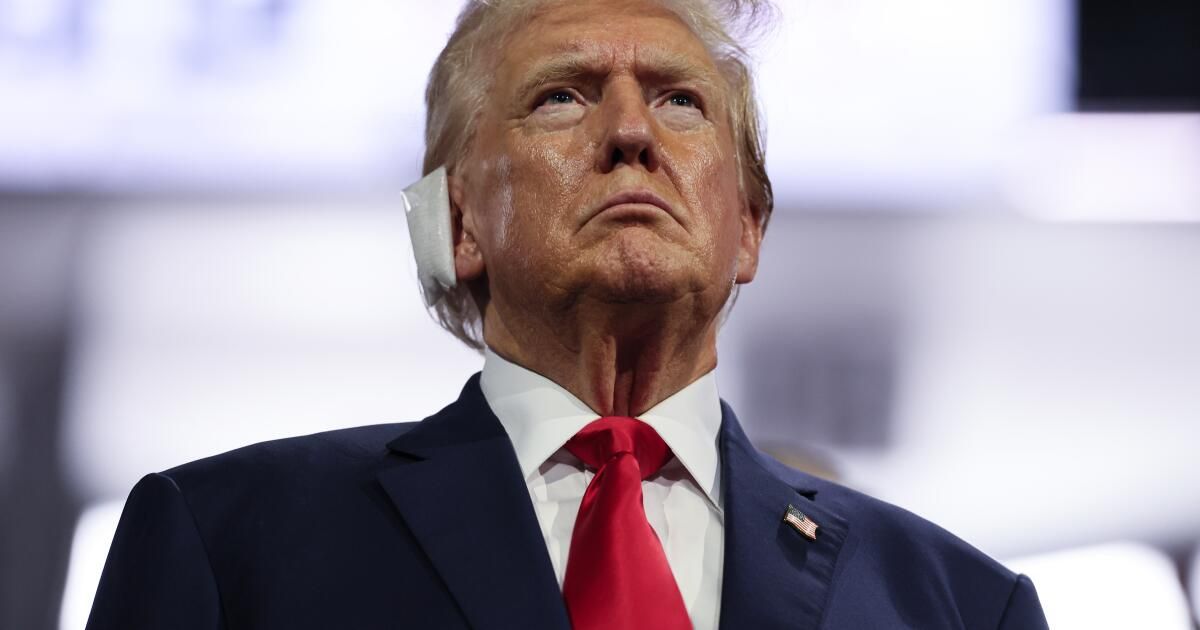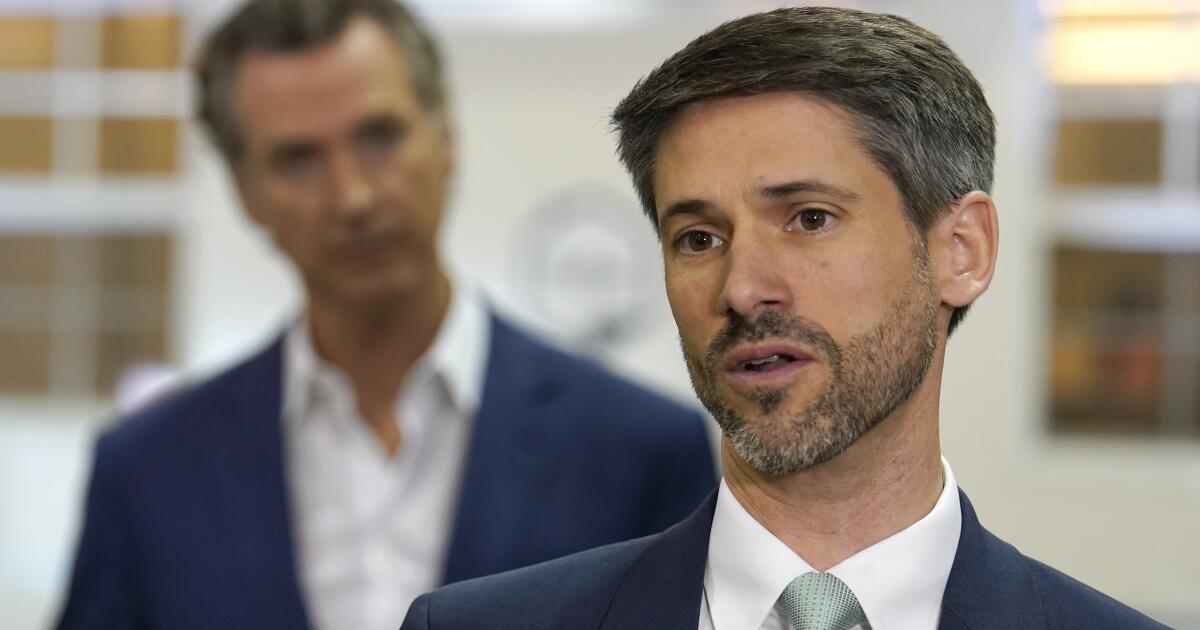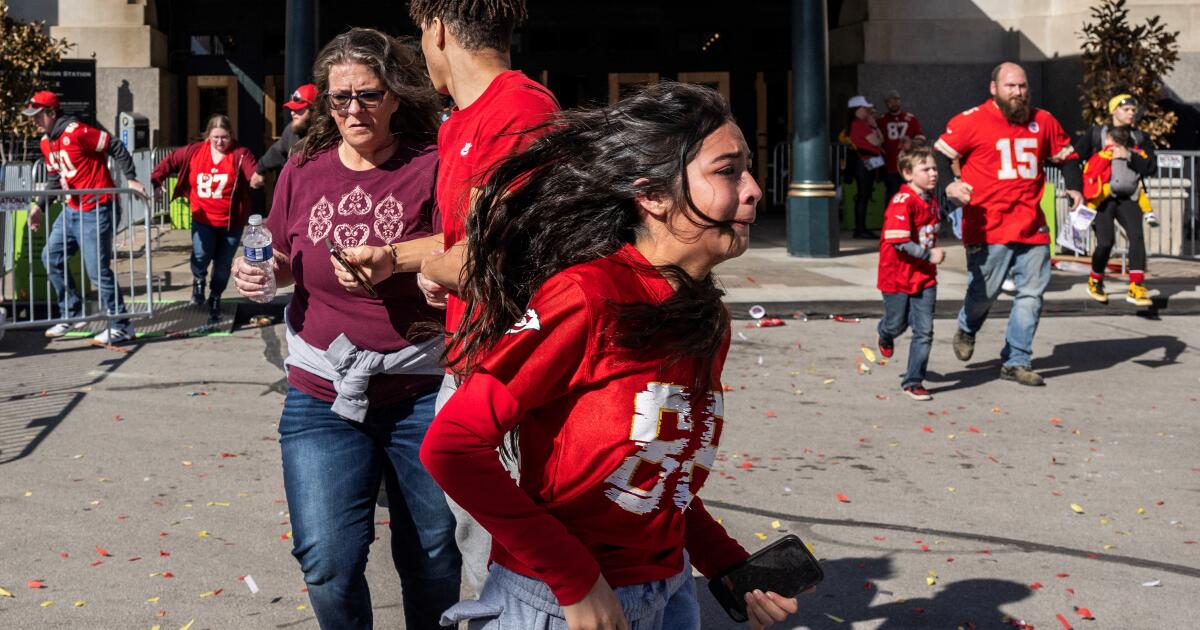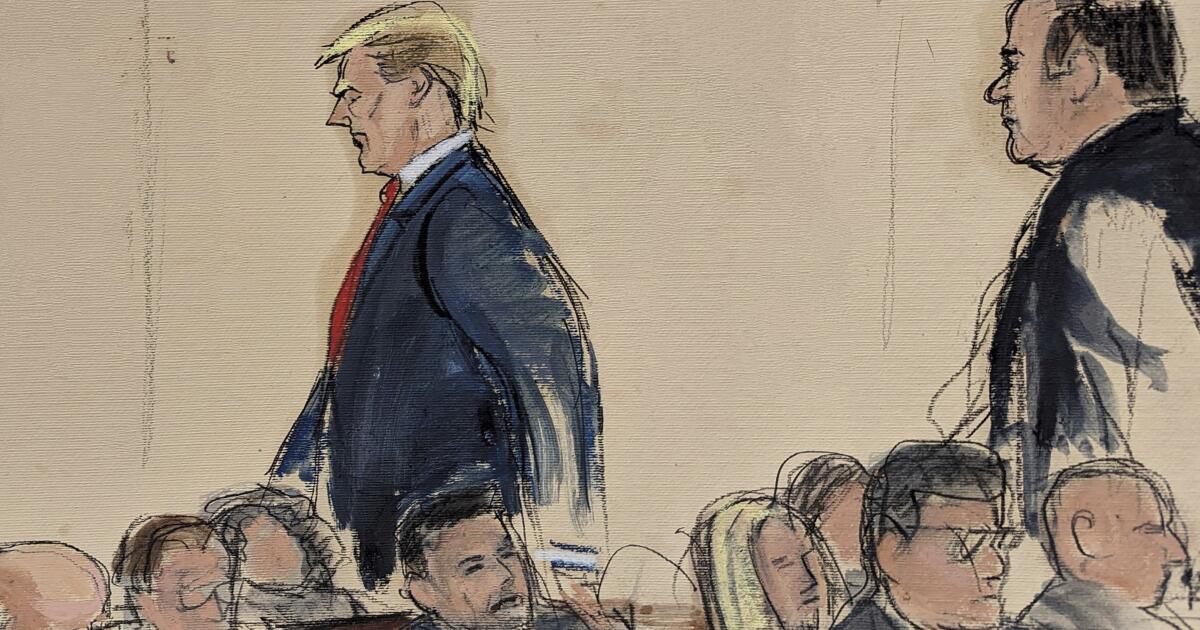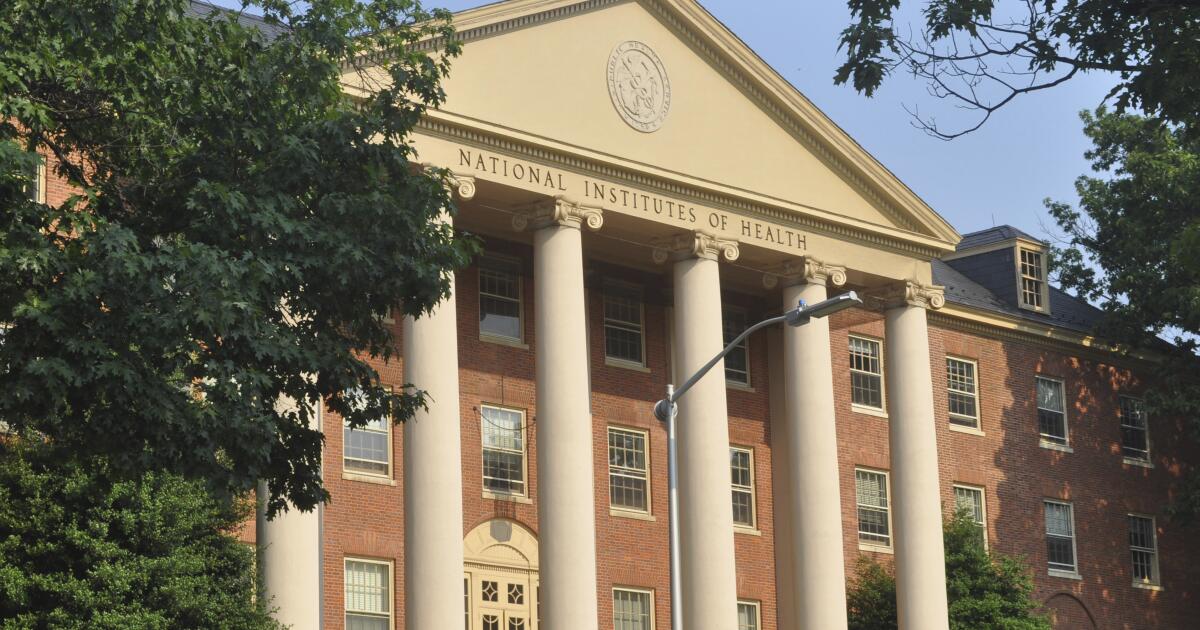At Monday's congressional hearing on the Secret Service and the assassination attempt on former President Donald Trump, Rep. Raja Krishnamoorthi asked, “What can Congress actually do to prevent this from happening again?”
The congressman, a Democrat from Illinois, showed the camera a graphic on political violence released a month ago by the Chicago Project on Security and Threats, which I direct. The graphic shows that 74 percent of Americans want members of Congress to join together in denouncing all political violence. This position crosses party lines: 86 percent of Democrats, 51 percent of independents and 70 percent of Republicans say so.
(Chicago Project on Security and Threats)
While some members of Congress have made statements denouncing the attempted assassination of Trump, Krishnamoorthi challenged the entire House of Representatives to go much further and propose a resolution in the near future “condemning any political violence in the United States” and asking for the support of all members of the chamber. Such resolutions are put to a vote in the House and do not become law, but they do send a message, especially when passed unanimously.
After Monday's grueling hearing, the head of the Secret Service resigned on Tuesdaywriting to his staff: “I take full responsibility for the security failure.” That exit will not prevent future bloodshed. But Congress has a chance to do so.
At this critical moment, members of Congress, both Republican and Democrat, must come together to oppose political violence. The shooting of Trump is just the latest in a series of incidents that are taking place. Indeed, we are witnessing the most violent era of American politics in decades, and now is certainly the time for all political leaders at all levels of government (national, state, and local) to adopt similar resolutions and make similar unified statements.
Political violence in the United States is entering a new phase as the country faces rising domestic terrorism: violent anti-government and other political actions by militias, small groups and volatile individuals within the country.
Certainly, the years 1990-2010 saw some famous acts of domestic terrorism, including the violent clash at Ruby Ridge in 1992, the Oklahoma City bombing in 1995, the violent protests against the World Trade Organization meeting in Seattle in 1999, and the multiple arson and bombings carried out by people affiliated with the Earth Liberation Front and Animal Liberation Front between 1995 and 2010.
What is happening now is different. Political violence in the United States is on the rise, both in number and types of violent incidents. Even before the pandemic, the United States has witnessed an era of political violence unprecedented since at least the 1960s. Domestic terrorism incidents increased by 357% between 2013 and 2021, according to Statistics compiled by the FBI and the Department of Homeland Security.
Collective political violence is also on the rise. Since the summer of 2020, the United States has seen significant political unrest against police and downtown businesses during some of the George Floyd protests; a brazen assault on the U.S. Capitol to stop the peaceful transfer of power on January 6, 2021; spikes in riots on college campuses to protest the conflict in Gaza in the fall of 2023 and spring of 2024; and numerous lone wolf attacks and plots, including against the husband of then-House Speaker Nancy Pelosi, against Judge Brett Kavanaugh and against Michigan Governor Gretchen Whitmer.
To better understand this new era, the Security and Threat Project has conducted more than a dozen national surveys in the three years since January 6, 2021. These are based on high-quality, nationally representative samples that match the U.S. adult population across a wide range of demographic, political, economic, social, and other factors, meaning it is reasonable to extrapolate the findings to the U.S. population as a whole.
The surprising result of our June 24 poll is that 10% of American adults (the equivalent of 26 million people) agree that “the use of force is justified to prevent Donald Trump from becoming president.” The poll also found that 7% of American adults (the equivalent of 18 million people) support the use of force to restore Trump to the presidency.
The assassination attempt on Trump less than three weeks later did not come out of nowhere. The shooter’s motive is still unclear (he appears to have also researched President Biden as a target), but in any case, we should be concerned about copycat and retaliatory violence by volatile individuals steeped in incendiary political rhetoric, beset by mental illness, or simply seeking to gain notoriety. Such spirals of violence could occur against many political leaders and at numerous flashpoints in the coming months during and after the presidential election.
No one can stop it completely, but for lawmakers the next step is clear: take up Krishnamoorthi's challenge and pass a resolution, unanimously, condemning political violence. This could make a big difference.
Just as studies show that inflammatory political rhetoric encourages support for political violence, so too would public condemnation reduce it. Those who take violent political action are often volatile individuals, with their own reasons for acting, but also encouraged by the perception that they are serving a greater good. Some hope to be glorified as warriors for a cause. Leaders of such causes should make it clear that no one who engages in political violence will be glorified.
The most effective message to reduce support for violence is simple: Political violence, no matter where it comes from, is illegal, immoral and un-American. Leaders should also contribute to a culture of prevention by encouraging political anger to be diverted from negative expressions, such as violence, and directed toward positive ones, such as voting.
Since the assassination attempt, Biden has already made multiple speeches along these lines. I hope his courage will be contagious and that Congress will do its part. It is possible to reverse the growing violence and return to the peaceful traditions that made American democracy the envy of the world.
Robert A. PapeProfessor of Political Science at the University of Chicago, is the director of the Chicago Project on Security and Threats.

